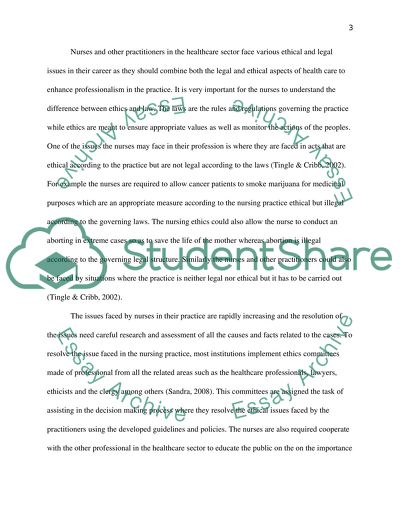Cite this document
(“Ethical issue and its relationship to the ethical and legal aspects of Article”, n.d.)
Ethical issue and its relationship to the ethical and legal aspects of Article. Retrieved from https://studentshare.org/nursing/1478363-ethical-issue-and-its-relationship-to-the-ethical
Ethical issue and its relationship to the ethical and legal aspects of Article. Retrieved from https://studentshare.org/nursing/1478363-ethical-issue-and-its-relationship-to-the-ethical
(Ethical Issue and Its Relationship to the Ethical and Legal Aspects of Article)
Ethical Issue and Its Relationship to the Ethical and Legal Aspects of Article. https://studentshare.org/nursing/1478363-ethical-issue-and-its-relationship-to-the-ethical.
Ethical Issue and Its Relationship to the Ethical and Legal Aspects of Article. https://studentshare.org/nursing/1478363-ethical-issue-and-its-relationship-to-the-ethical.
“Ethical Issue and Its Relationship to the Ethical and Legal Aspects of Article”, n.d. https://studentshare.org/nursing/1478363-ethical-issue-and-its-relationship-to-the-ethical.


